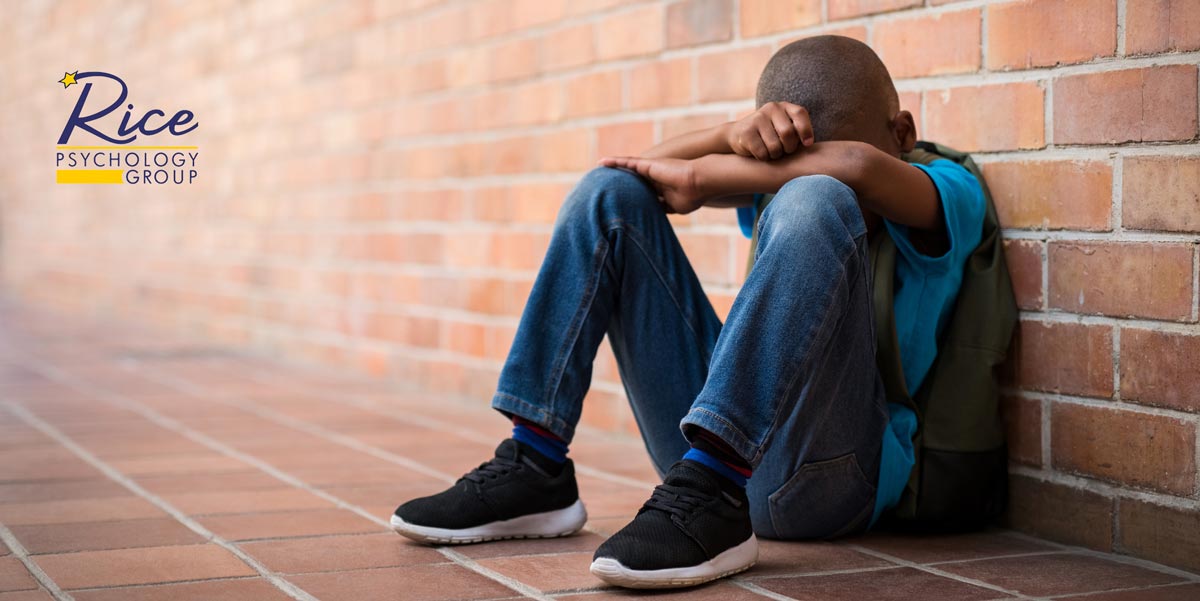
Consider the following story as it relates to this week’s topic.
When I was a kid, I wasn’t very popular in elementary school, middle school or high school. I had a few friends, but I remember feeling jealous of the more popular kids because I was rarely invited to parties. And because I felt so awkward and out of place, I always avoided school events like pep rallies, football games and dances. Things changed in college and now I’m married with a teen son. I’m noticing, however, that he’s very much like I was back then. What can I do to make sure he doesn’t experience the same feelings of being excluded that I did?
As a parent, there’s nothing more difficult than seeing your kids feeling lonely. Click To Tweet Although emotional bumps and knocks are an inevitable part of life, a consistent feeling of rejection from peers can affect your child. If kids are left to handle these feelings all by themselves, they lead to self-doubt, low self-esteem and anxiety. Keep reading for our exploration into this topic.
Risk Factors Associated with Social Rejection

According to a study conducted with 240 college students, social rejection can lead to kids and young adults behaving in a way that can continue to invite exclusion. In fact, those especially sensitive to exclusion can become cold and defensive.
The fear of rejection can also affect a child’s ability to respond to stress according to a 2017 study led by Dr. Stephenie R. Chaudoir. Dr. Chaudoir evaluated participants as they performed stressful tasks, such as giving a speech or doing mental arithmetic. Participants who ranked high on rejection sensitivity were more nervous and upset as they performed their task.
On the other hand, participants with lower rejection sensitivity levels had quick and robust responses to the stressor, which was absent in the high rejection group.
Dos and Don’ts: A Parenting Guide

As a parent, we know that you want to ensure that your child is mentally healthy. Click To TweetAs a parent, we know that you want to ensure that your child is mentally healthy. For the story described at the beginning of this article, we have included a list of helpful and not-so-helpful things to say or do if your child tells you that they feel lonely or have been rejected or excluded by peers:
Don’t:
- Keep your child from communicating to you about how they feel, even if they feel lonely. Allow them to talk, draw or write about their feelings if they like. Some kids find it very hard to put their feelings into words.
- Take your frustration about your child’s social situation out on other kids for not befriending your child.
- Exaggerate the situation or assume the incident is a telltale sign of social problems. There are always two or more sides to a story.
- Automatically intervene by contacting other parents. Do help support your child’s ability to handle problems independently by brainstorming and roleplaying solutions. However, if you suspect bullying, then adult intervention may be needed.
- Become overbearing and overprotective.
- Blame their teacher for their situation.
Do:
- Comfort and support your child; help them feel important and wanted at home.
- Ask about their concerns and REALLY listen to their answers.
- Encourage your child to think of some possible solutions. Listen to their ideas without judgment and help them choose one to act upon.
- Teach your child friendly behaviors to practice, such as making eye contact, smiling appropriately, making small talk and asking other people relevant questions to show interest in the other person.
- Teach your child to be a good sport. Encourage him/her to express good behavior when things go particularly well or poorly.
- Show them how to Interact in ways that they can carry over to their social circle.
Let’s Find a Solution Together

If you’re ready to help your kids face their issues, understand them and find healthy ways to deal with them, then Rice Psychology Group is here to help. Our Tampa-based psychologists and mental health counselors are ready to lend a hand in this process. Contact us today to schedule an appointment.

